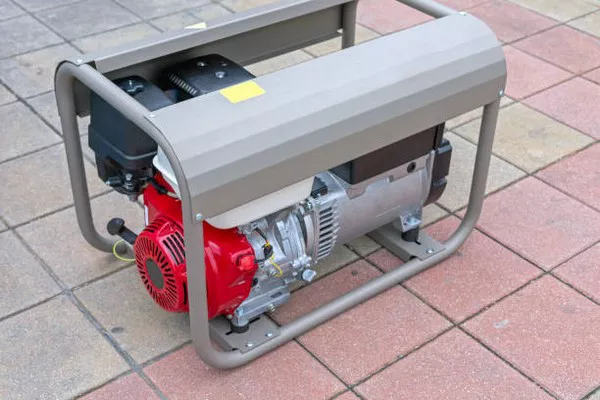Nigeria’s Minister of Power, Adebayo Adelabu, has attributed the reduced public outcry over the rising cost of petrol, now between ₦998 and ₦1,030 per litre, to a decreased reliance on generators for electricity. Speaking at the 2024 Nigeria Energy Exhibition and Conference in Lagos, Adelabu emphasized that with improved access to electricity, Nigerians are less dependent on generators, reducing their need for petrol.
Adelabu noted that in the past, Nigerians would have been more vocal about the steep rise in petrol prices. However, as more people now have access to stable electricity, their need to purchase petrol for generators has declined.
“People don’t need to buy petrol again as much as they used to do for them to have power,” the minister stated. He explained that if Nigerians were still reliant on generators for electricity, the backlash over petrol prices would have been much louder.
The price hike, driven by the end of the Nigerian National Petroleum Company Limited’s (NNPCL) exclusive arrangement with the Dangote Refinery, has led to increased costs in transportation, food, and other basic goods. Despite these challenges, Adelabu believes the shift away from generator dependency has mitigated the extent of public frustration.
As part of the federal government’s strategy to further enhance energy access, Adelabu revealed plans to replace all generators in the country. He referred to Lagos State’s ambitious policy of replacing 1 million generators within a year, highlighting the government’s commitment to phasing out generator use nationwide.
“We must replace all the generators,” Adelabu asserted, pointing to the Lagos State initiative as a model. The replacement of generators is part of the broader effort to align with cleaner, more sustainable energy solutions as Nigeria transitions toward more reliable electricity sources.
Reflecting on the country’s power generation capacity, Adelabu lamented the slow pace of progress over the years. He pointed out that it took nearly 40 years to increase power generation by 2,000 megawatts (MW), from the 2,000MW milestone achieved in 1984 to the current levels of around 5,000MW.
Despite this gradual growth, the minister remains optimistic. He highlighted that Nigeria recently reached a peak generation of 5,527MW in September 2024. While acknowledging the slow historical growth, Adelabu stressed that today presents a new opportunity for transformation in the energy sector.
The theme of the 2024 energy conference, “Breaking Barriers in the New Energy Era: Clean, Reliable, and Sustainable,” provided a platform for discussing Nigeria’s evolving energy landscape. As the nation faces challenges related to energy access, costs, and sustainability, the government’s focus is on diversifying energy sources and reducing reliance on traditional fuels like petrol.
Adelabu’s remarks underscore the ongoing efforts to improve the power infrastructure, reduce reliance on fossil fuels, and provide cleaner energy solutions. By focusing on these initiatives, the government aims to create a more sustainable and accessible energy future for all Nigerians.
You Might Be Interested In

